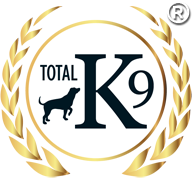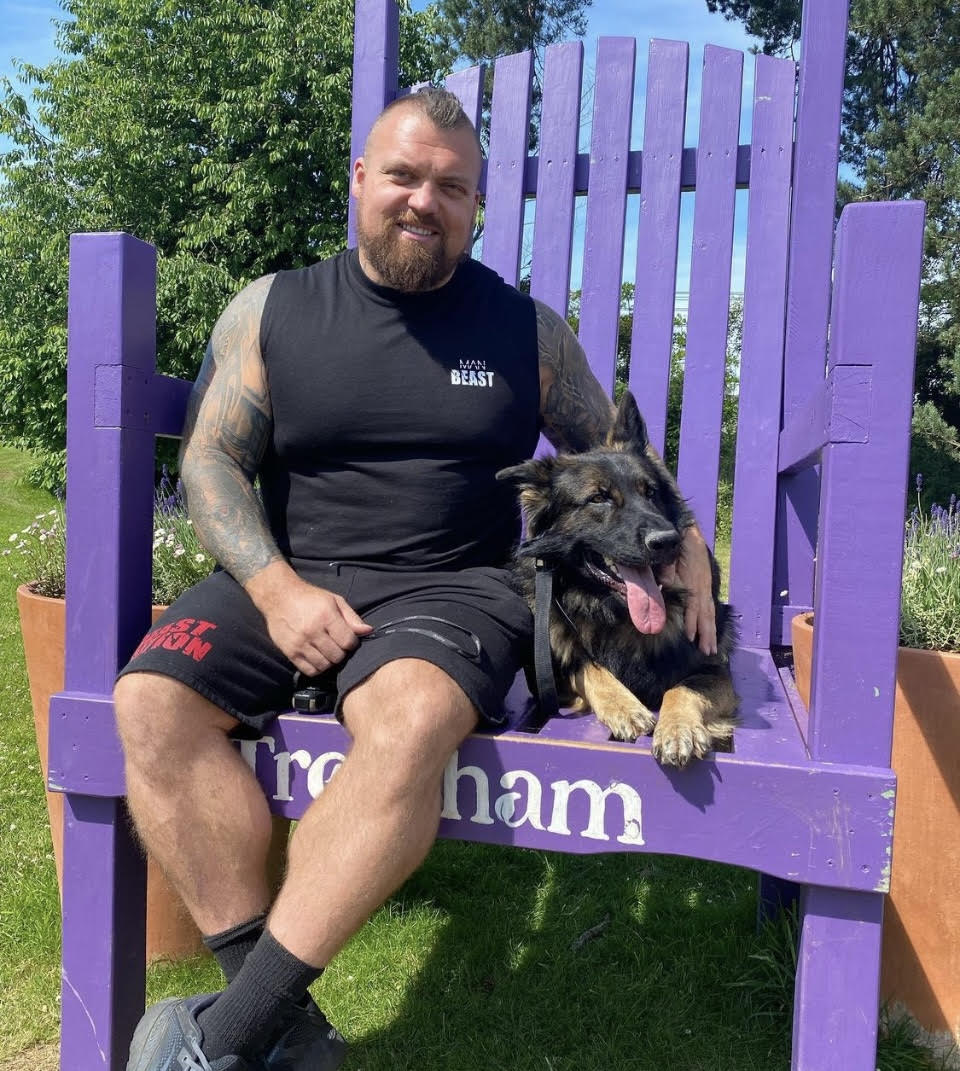Once puppies reach eight weeks of age, they have the ability to remember instructions you give them. Therefore, you can actually start training them very early on in your dog’s life. Remember, during their formative weeks, every interaction you have with your puppy has the potential to turn into a training session. How you walk them on a leash or greet them in the morning all has an impact. Puppy training is generally quite basic. However, even if it is not particularly exciting, it is a foundation that you must build for more advanced training in the future. Here’s what you need to do.
Set up a daily schedule
Map out everything your puppy does, including toilet breaks, eating, nap times and training sessions, then settle on a routine. Dogs tend to do best when they know what is coming next.
Begin socialisation
Puppies who are used to being around people from an early age are less jumpy and easier to train. They are also far less likely to act aggressively in the presence of new people.
Put a leash around their neck
Puppies need to accept the nature of their relationship with you from an early age. Wearing a leash gets them used to the feeling and prepares them for walkies in the future.
Teach them the “sit” command
You can begin teaching the sit command when your pup is eight to ten weeks old. Getting your dog to sit when you tell them improves impulse control. Train them using treats or toys as rewards.
Handle them regularly
Professionals handle guard dogs and protection dogs from an early age. The purpose of this is to get them used to human contact so that it doesn’t become during training in the future. If your pup doesn’t like being touched initially, combine sessions with treats to sweeten the deal.
Increases alone time
Lastly, some adult dogs can struggle with being alone. Therefore, give your puppy some alone time every day. Leaving them by themselves for fifteen minutes or so can help with self-regulation and prepare them for adult life when you might be out of the house for hours at a time.

